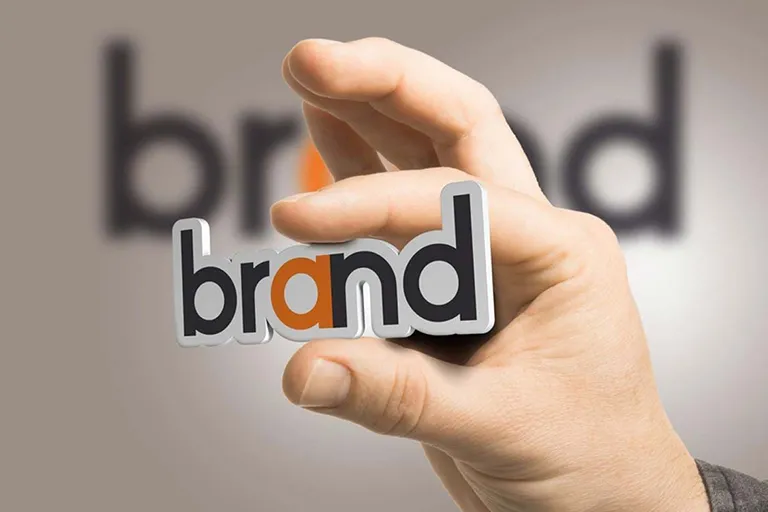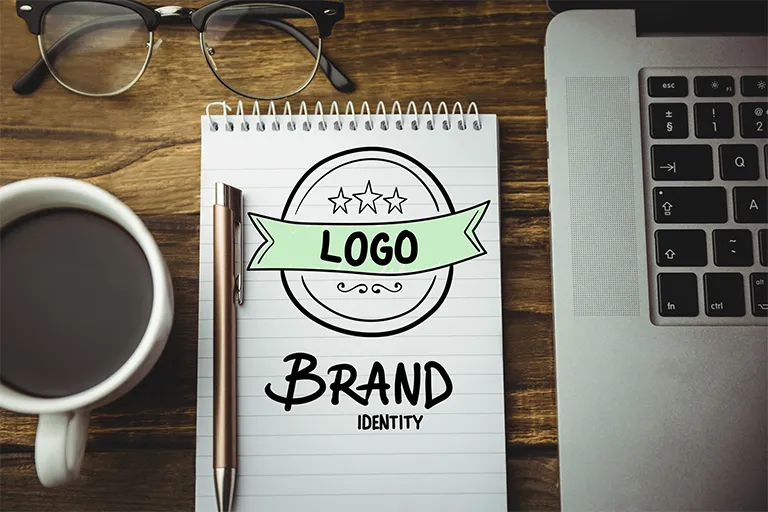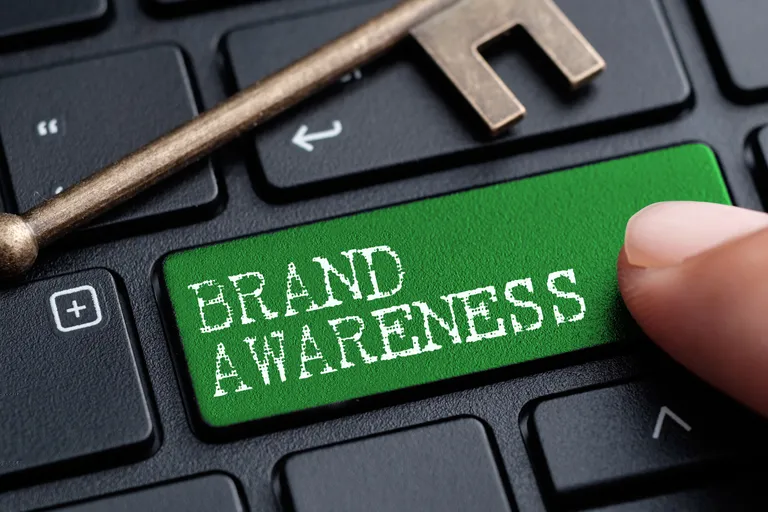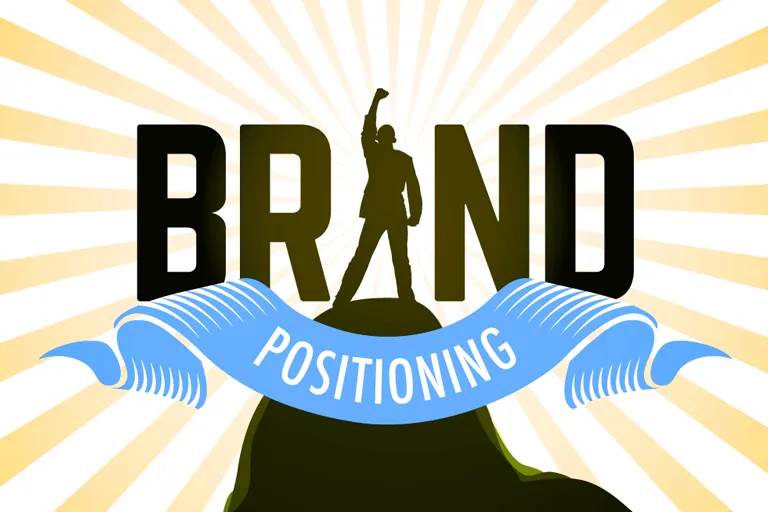In today’s world, we are surrounded by all kinds of brands, so knowing what a brand and branding is is considered one of the important topics of the new century.
When we talk about brand, we don’t mean only big international brands like Apple, Amazon, Google and Coca-Cola, but also smaller national and local brands in this category. Many different brands are competing with each other to get their share of our life basket.
The presence of brands in our lives is so serious and pervasive that it can be said that all kinds of our purchase decisions are focused on the brand of the product, not on the product.
Suppose you want to make your purchase from the supermarket over the phone. From yogurt and bread to batteries and toothbrushes, almost every product, you have to tell the other party what brand you want. There are very few products whose brand is not important to you, and you just need to say the name of the product, for example, maybe a match or a freezer bag.
Of course, we also know that the discussion of brand and branding is not limited to goods and the concern of branding includes almost everything that can be offered: service groups seek to build a brand for their services, websites and applications spend money to strengthen their brand. Municipalities are trying to define and strengthen the brand of cities and many people are trying to develop their personal brand.
Therefore, it can be said that today, the scope of brand knowledge and branding has expanded and everyone in any field of management and business should at least be familiar with the basics of this knowledge.

Brand history
Apparently, the word brand is taken from an old word in the language of the Scandinavian people. They use the word Brandr to burn the skins of their animals.
This word, which also means fire, is probably the same root as Burn, which means burning in English.
So, it can be said that the first function and concept of the brand was creating differentiation . It means that by marking his livestock, a rancher distinguished them from the livestock of others.
If we accept this narrative, we must say that the original meaning of the brand is very close to what we know today as a trademark . There are still many people who use the term brand and branding in the same old sense:
When someone starts a new business or launches a new product, they have simply chosen a brand name for their work or product. But they usually mistakenly say at this stage: I have created a new brand.
But the concept of brand changed over time and gradually, this term was used with new meanings.
Sometimes the term brand has been used to specify superior and special products, for example, when we say that someone wears brand clothes. Sometimes, the brand is considered as a promise, for example: Toyota means quality at a reasonable price.
Some have also used the brand as values beyond the main function of the product; I don’t touch my Rolex watch to know the time. I give it to you for its prestige. Or I bought these socks from a brand that supports homeless children. Or I use this brand because it is environmentally friendly.
Sometimes the brand is used as a symbol of a group or society, the term “Aziz Iransali” can be included in this category.
In short, different writers and thinkers have attributed various concepts to the brand and each one has presented the definition of the brand in a different way.
It can be said that almost all theorists in the field of brand agree on the fact that brand is something more than a brand name and a logo.
But this is their only point of agreement and when you ask them what is the definition of a brand, at this stage they cannot agree.
What is a brand?
In fact, we have to accept that it is impossible to define a brand. Whatever definition you give, some will be satisfied and some will be dissatisfied.
One way to avoid this burden is to list twenty or thirty brand definitions and present them to you. But such a style is more useful for reference books and handbooks and does not start our work.
Therefore, from among the multitude of definitions provided, I have selected and present a few that are useful.
Keep in mind that I am not claiming that the definition of brand boils down to these few things, but I am emphasizing that when I use the term brand , I mean these definitions:
A brand is a promise
Brand is a promise for many of us. A brand promise may be quality. Another promise, the lowest price. The promise of winning a brand may also be prestige.
Promises can be divided into three categories:
-
Performance promises
-
Emotional and emotional promises
-
Promises of experience
For example, BMW promises its customers that they will experience the ultimate driving pleasure, or Lego promises its audience that they will experience endless play.
Of course, the promise is not supposed to be officially announced in the form of a slogan. A promise is something that is formed in your mind.
For example, think about McDonald’s promise. McDonald’s pledge is not of excitement and emotions and amazing experience. Rather, it is a specific performance obligation:
A reasonable quality food at an acceptable price. Food that you know the taste of and will not taste foreign even in the most foreign lands.
A brand is a reminder
When you see or hear the word Apple, what words come to mind? Maybe innovation, simplicity and design.
What words come to mind when you hear the word Caterpillar? Maybe making a way and being hardworking
What words come to mind when you hear the word Trump?
The difference between a brand and an ordinary word or brand name is that when you encounter a brand, a set of words and concepts are reminded of you. Whereas an ordinary word or brand does not evoke anything beyond itself.
Brand is a mental image
Brand means all the images, experiences and perceptions that are formed in the mind of a customer regarding a name or a commercial symbol.
So, you can’t ask the manager of a brand or the CEO of an organization what is your ” brand identity “? Or what is your ” brand commitment “? Or what is your ” brand recall “?
Rather, it is the customer and the audience who has the right to answer these questions.
Works, efforts, plans, types of advertising and everything that a business does are just inputs to the branding process. But the output of branding, that is, what is called a brand, is formed in the mind of the customer.
As you may have noticed, these apparently different definitions have more or less the same message: the brand makes sense in the minds of customers .
If someone says they are trying to build a brand, they are actually trying to change “something” in the minds of their customers and audiences about themselves or their product or their organization.
Now you can name this “thing” promise or reminder or accumulated experience or any other word that is easier for you to understand.
Brand usage
Brand can be a tool of differentiation and differentiate a person, organization or product from its competitors. This distinction can reduce the risk of the audience or the customer.
Suppose you want to buy a camera. Dozens of companies are launching their products. You can spend hours and days searching and comparing the products of all of them and finally buy one.
But you can rely on two or three top brands in the market, for example, Nikon, Canon and Sony, and only see their products.
By doing this, you have reduced the risk of your purchase. The owner of the brand has obtained the material benefit of his brand.
The brand can also become a tool for self- expression and self-confirmation . We choose many brands to show that we belong to a certain tribe or not to some other tribes. Therefore, an animal lover may not buy their cosmetics from a brand that tests on animals. And this is why you choose one among hundreds of charities and leave others aside. Your discussion is not just about helping. You choose a brand that aligns with your principles and values and reflects your concerns.
Brand can build trust . When a customer or audience knows a brand’s promise, they do less research and make a decision faster. Has it ever happened that a Benz buyer asked the seller or another buyer: Does the cooler of this car work on the top end?
This function of the brand is called creating a shortcut. That is, a strong brand solves and answers many of the audience’s questions from the very beginning, and the audience can finalize their purchase decision much faster and easier.
In other words, the brand can be called the net value of the total trust that has been formed in the customer’s mind towards us as a result of marketing activities from the past to this moment.
The key point in the discussion of brand functions is that a strong brand is beneficial to both the brand owner and the customer.
For the brand owner, the brand becomes a competitive advantage and creates economic value. For the customer, it becomes a tool that makes selection and decision-making faster and easier and reduces risks and worries.
Brand popularity
It can be said that the brand has a general meaning and a specific meaning.
In a general sense, whenever associations are formed around a name or symbol, that name or symbol has become a brand. In other words, in a general sense, it can be said that the name of a big fraudster or a serial killer can also be a brand.
But in a special sense, a brand is usually used for a name or symbol that is popular and respected.
When a restaurant manager says that we have now become a brand, he usually means that a popular and trusted brand has been formed as a result of their efforts.
Of course, in many cases, brands are a combination of positive and negative associations. For example, maybe Coca-Cola evokes two promises of “pleasure of drinking” and “obesity and disease” for you at the same time.
In general, when I talk about brand and branding, we usually mean the narrower meaning of brand. That is, it is assumed that efforts, planning and activities are done with the aim of gaining respect and credibility for a brand.
The science of branding
Branding is usually considered a subset of marketing management . Undoubtedly, marketing knowledge and, in particular, integrated marketing communications can play an important role in branding. But we must remember that in the real world, branding goes far beyond marketing activities.
For example, a wrong decision in the area of strategy can easily destroy a large part of the marketing unit’s efforts. Also, if the human resources unit is indifferent to the brand of the organization, it may attract and hire those who are not aligned with the principles and values of the business and their presence will harm the brand of the group.
In general, it can be said that branding can be successful when it becomes a trans-departmental concern and every person in the organization always remembers that each of their decisions and behaviors affects the brand of the organization.
The same issue is also relevant in personal branding. Personal branding is not a part-time job either. That is, no one can say that I work ten hours a day and out of these ten hours, I devote one hour to personal branding.
All the activities, decisions and behaviors of these ten hours and of course the other fourteen hours are related to branding. Each of them can improve or weaken the individual’s brand in the mind of the audience.
Finally, I would be happy if you share your mental memories of one or more brands with us.












